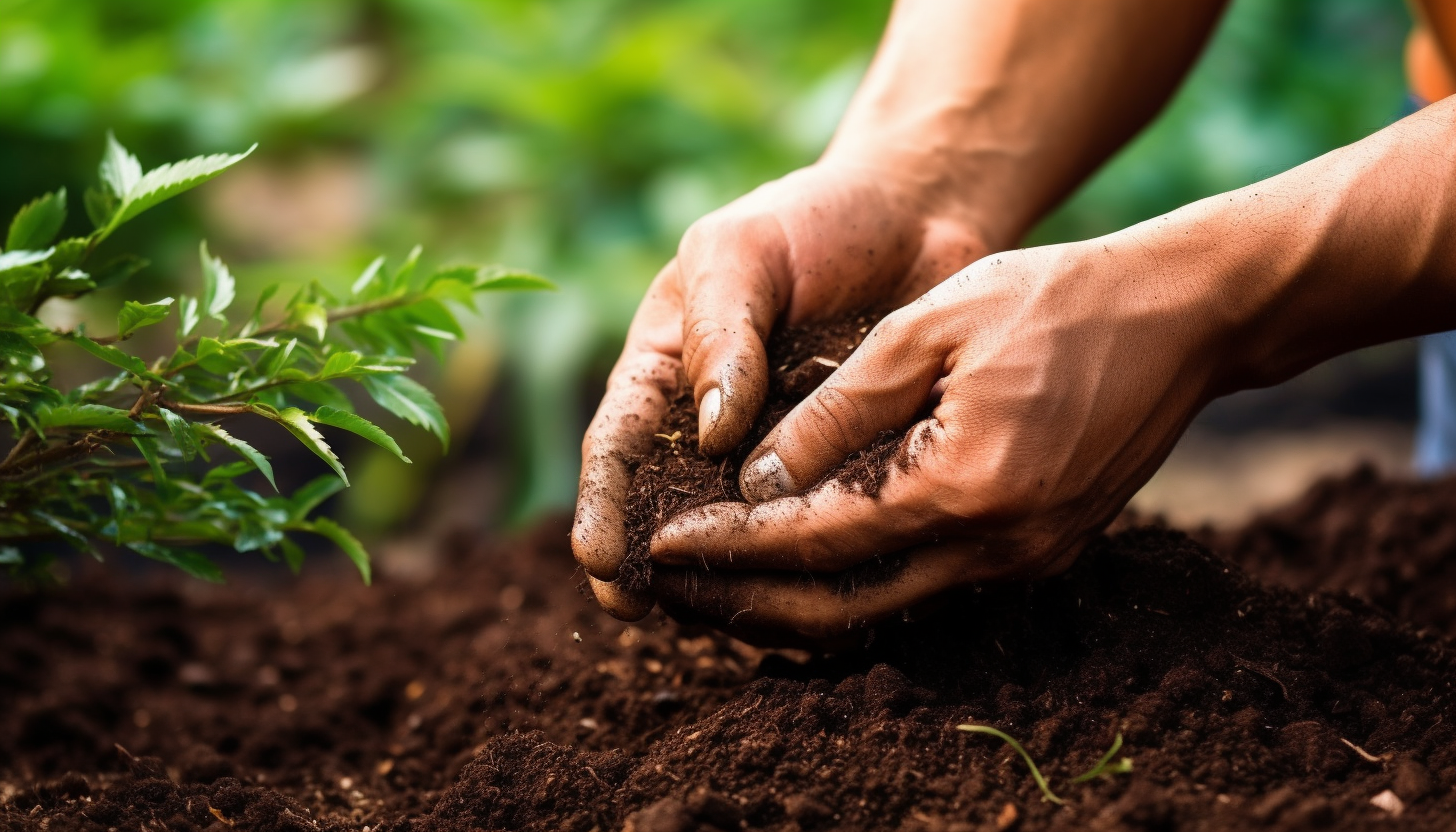P
May 28, 2023
Acidifying Your Garden: Simple Techniques to Make Soil More Acidic
#Acidifying Garden
#Soil Acidification
#Lime
#Compost
#Acid-Loving Plants
#Soil pH
#Plant Care
#Plant Growth

acidifying-garden-thumbnail
Understanding Soil Acidity
Acidifying your garden is a simple but effective technique that can greatly improve the health and growth rate of many plants. Understanding soil acidification, or acidifying your garden, is the process of making your soil more acidic, typically with the addition of lime. This can have a profound impact on the health and growth rate of many plants, particularly those that prefer acidic soil, known as acid-loving plants. The pH of soil is a measure of its acidity or alkalinity. The pH scale ranges from 0 to 14, with 0 being highly acidic, 7 being neutral, and 14 being highly alkaline. The ideal pH for most plants is between 5 and 7, with many plants thriving in slightly acidic soils (between 5 and 6) and some requiring slightly alkaline soils (between 6 and 7).
The Benefits of Acidifying Your Garden
The benefits of acidifying your garden are numerous. First, it can improve the health of your plants by reducing the occurrence of certain diseases like fusarium wilt, verticillium wilt, and rust. It also improves the availability of nutrients like nitrogen, potassium, and phosphorus. This is because many of these nutrients are more readily available in acidic soils. Plants that prefer acidic soils also tend to have a higher tolerance to drought, as they can access water more easily in the soil. Furthermore, acidifying your garden can improve the structure of your soil, making it more friable and fertile.
Methods of Soil Acidification
There are several simple methods you can use to acidify your garden. The first is the addition of organic matter, particularly compost. Compost is a rich, organic material that can add nutrients and beneficial microorganisms to your soil while also reducing pH. The addition of organic matter can also improve the soil's structure, making it more friable and nutrient-rich. Another method is to add lime, which can increase the pH of your soil. Liming your soil can help to improve the health of your plants and can also increase the availability of certain nutrients. When adding lime, it's important to do so in small increments and to test the pH of your soil regularly. This ensures you don't over-acidify or over-alkalinize your soil.
Conclusion
Acidifying your garden is a simple but effective technique that can greatly improve the health and growth rate of many plants. Understanding soil acidification, or acidifying your garden, is the process of making your soil more acidic, typically with the addition of lime. The benefits of acidifying your garden are numerous, including improved plant health, increased availability of nutrients, and improved soil structure. There are several simple methods you can use to acidify your garden, including the addition of organic matter, particularly compost, and the addition of lime. The key is to do so in small increments and to test the pH of your soil regularly, ensuring you don't over-acidify or over-alkalinize your soil.


